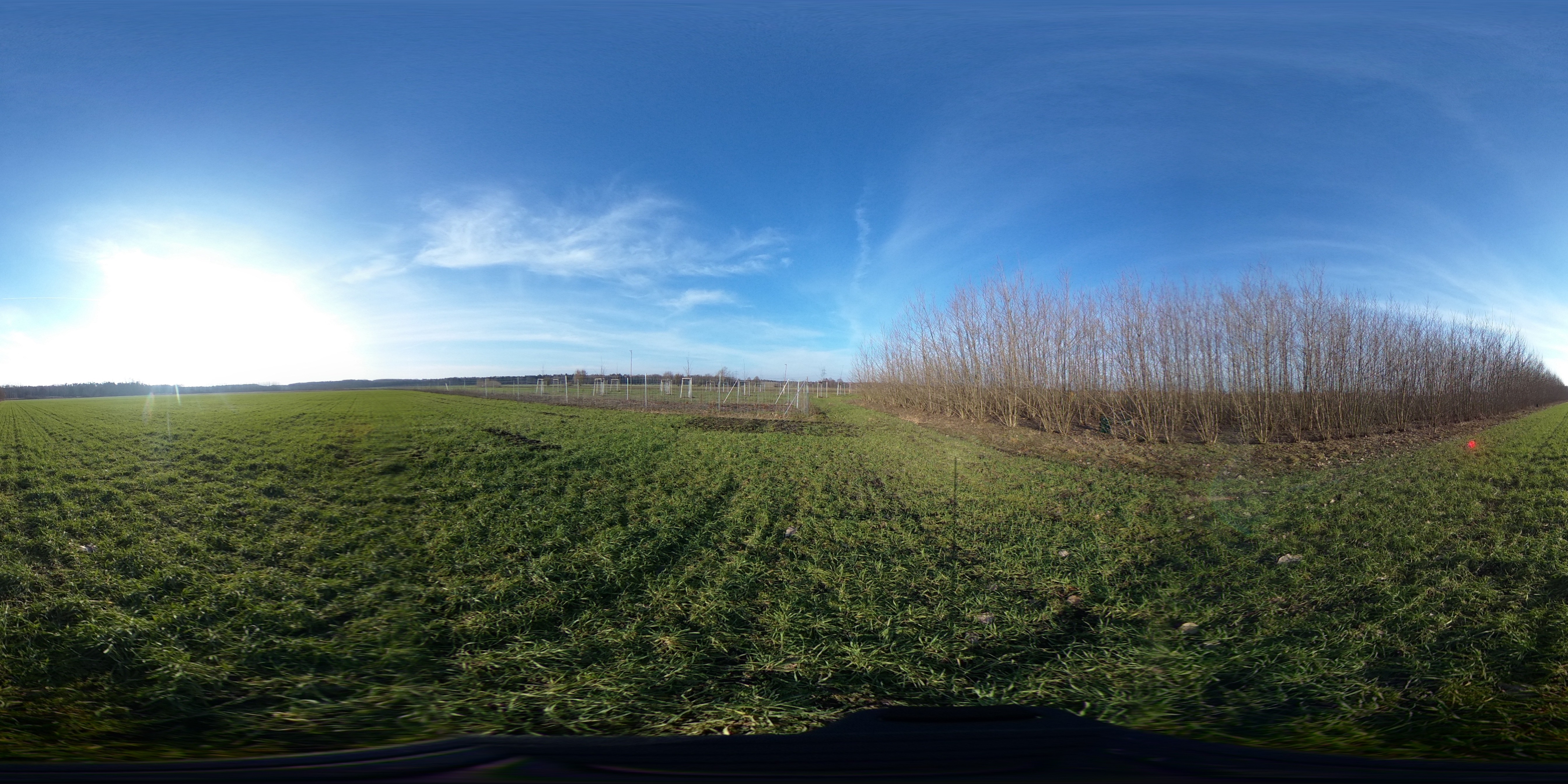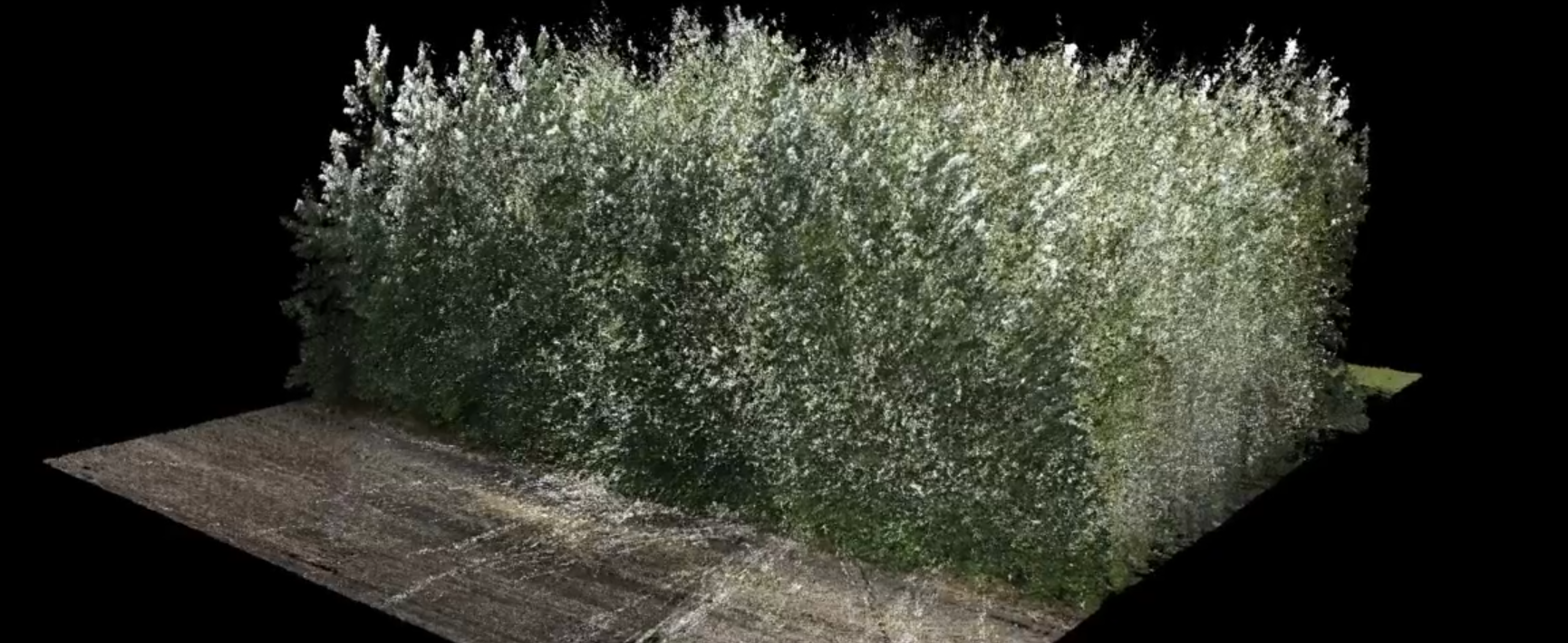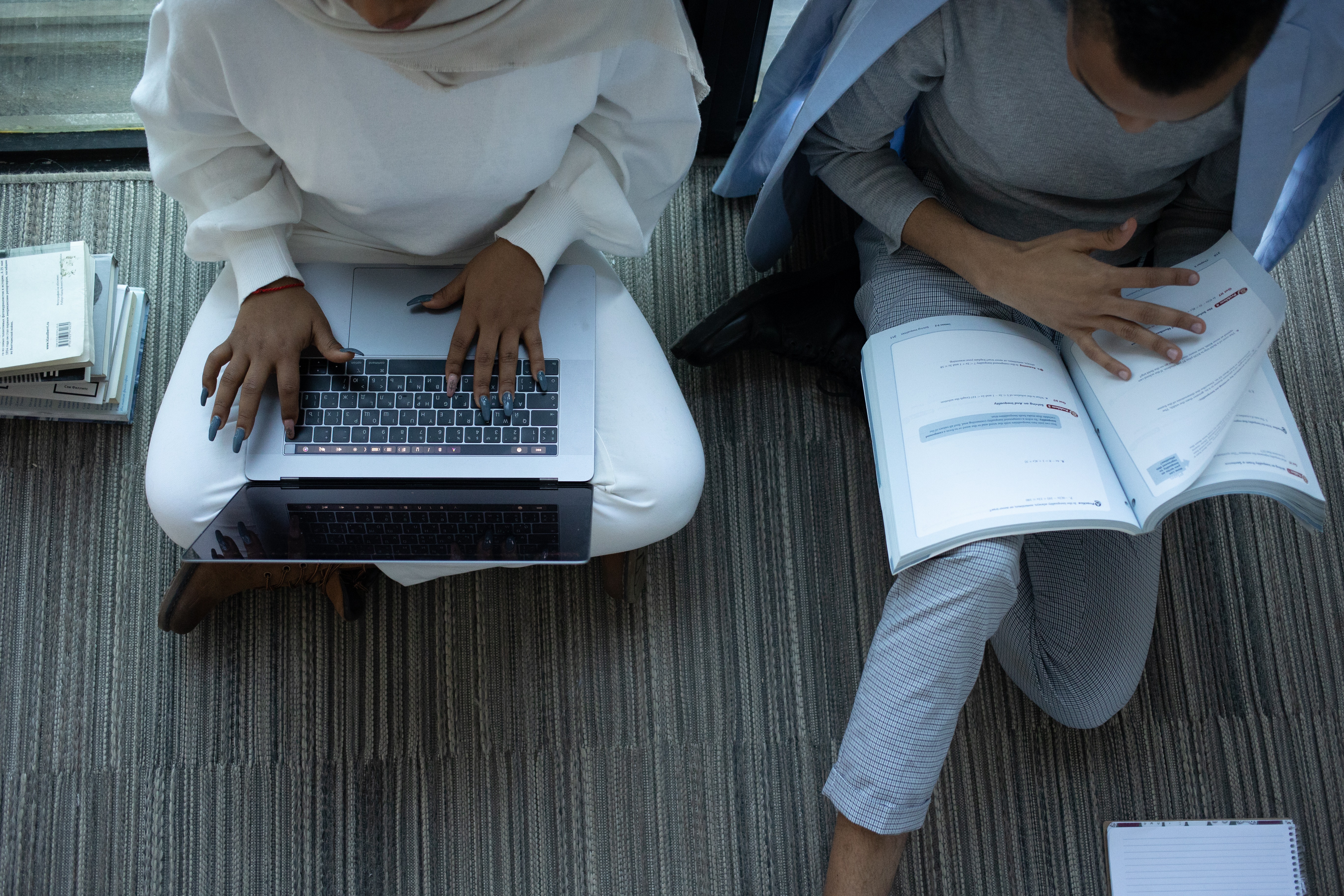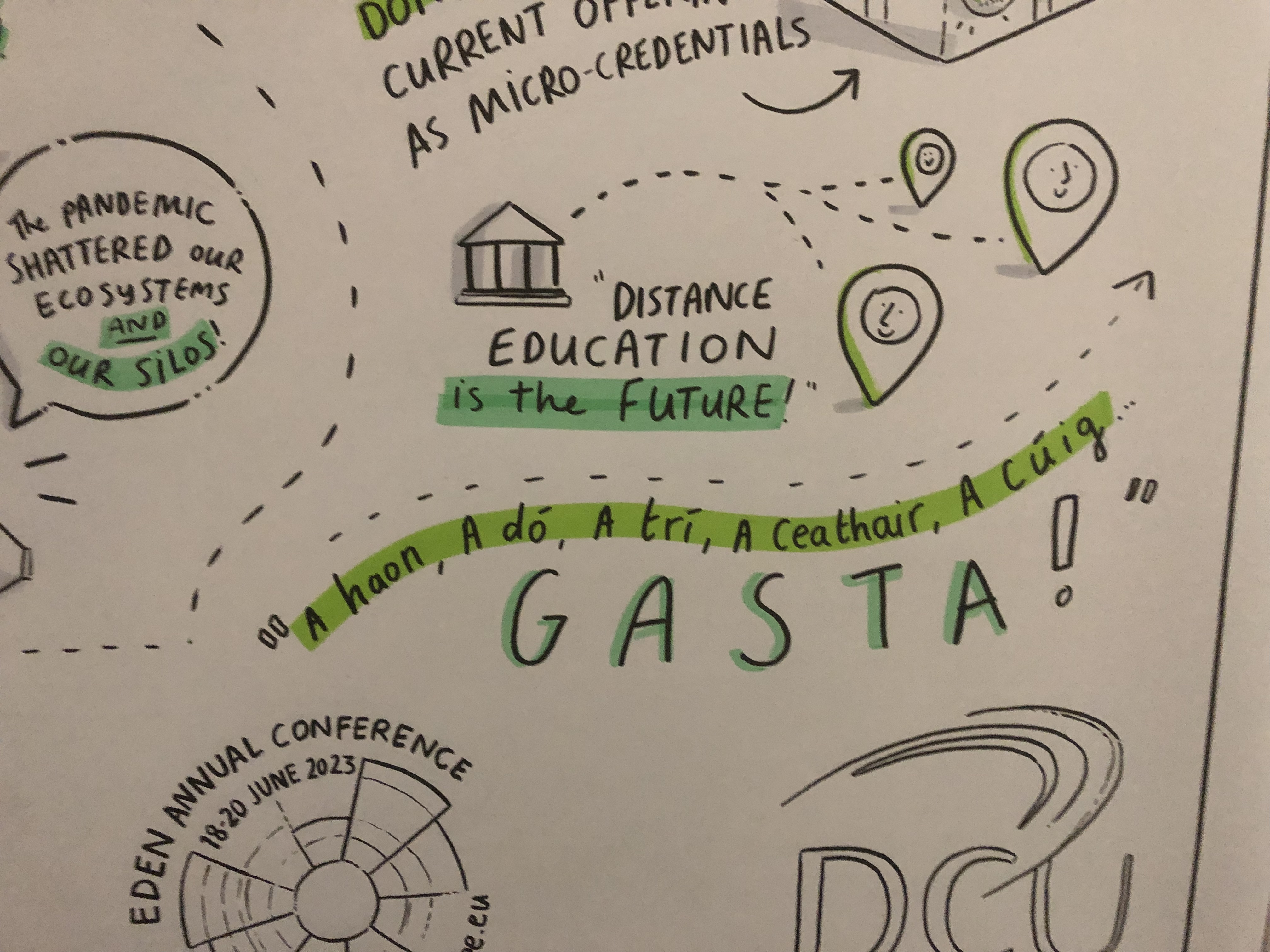Agriculture in transition: OLGA combines agroforestry and digital innovations
When the trees stray into the field…
Time has not stood still for agriculture either. BMBF project OLGA is about ecological land use in Dresden and the surrounding area. New and old solutions go hand in hand to adapt to the challenges of our time.
One important approach being investigated in the project is so-called agroforestry systems: In this system, "normal" field farming is enriched with strips of trees. These strips consist, for example, of fast-growing energy wood, valuable wood or nut and fruit trees. Sooner or later, they offer farmers an additional source of income. The other advantages of agroforestry are manifold - in the sense of sustainable agricultural practice, they offer ecological advantages such as soil protection, improved biodiversity and carbon sequestration.
Great! But what is digital here?
By using digital tools, agroforestry systems can be better understood and illustrated. By using 360-degree photos, we can get a comprehensive view of these systems. The photos or videos allow us to move through the agroforestry system in the virtual world and view it from all angles. This not only helps with documentation and research, but also with communication with other farmers and interested parties.

In this agroforestry system, not much foliage is visible in February
But even more important for precise data is a more complex technology: the so-called Terrestrial laser scanningThis allows the individual trees to be precisely mapped and analyzed. Here, too, digitalization offers new ways to understand the processes and optimize them in harmony with natural conditions.

Terrestrial laser scanning is carried out using a drone and enables the growth of individual trees to be recorded.
Taken together, the integration of 360-degree photography, digital tools and agroforestry systems represents a significant step forward towards more sustainable and efficient agricultural practices. The innovations explored in the project will make a significant contribution to improving agriculture in a “close to nature” manner while promoting the protection of our environment.

The Federal Ministry of Education and Research (BMBF) is funding the OLGA project as part of the “Stadt-Land-Plus” funding measure under the funding code 033L219D.
Author: Marilisa Herchet
Further information: www.projekt-olga.de






